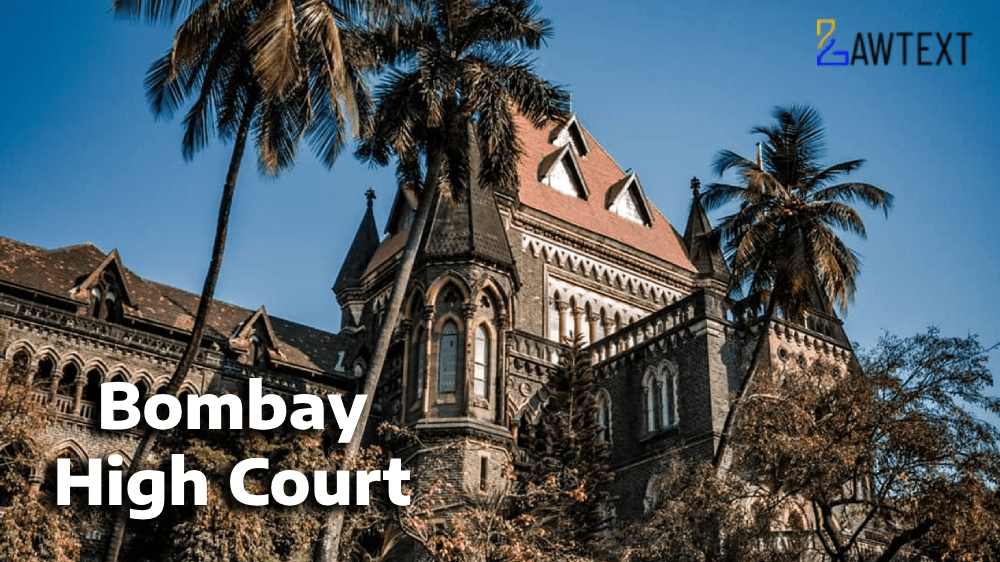"Bombay High Court Sets Aside Conviction: Revisits Evidence and Allows Amicable Settlement in Family Dispute Under Section 326 IPC" "Justice Prevails: Revisional Jurisdiction Upholds Facts Over Presumption"

CASE NOTE & SUMMARY
Criminal Law – Section 326 IPC – Conviction for Grievous Hurt – Revisional Jurisdiction
- Settlement Between Parties: The Court considered an amicable settlement between close relatives in a case involving family disputes over water sharing.
- Deficient Evidence: Conviction under Section 326 IPC set aside due to lack of substantive evidence, inconsistencies in witness testimonies, and absence of recovery of the alleged weapon.
- Non-Compoundable Offense: Court exercised its inherent powers under Section 482 Cr.PC to account for the settlement despite the non-compoundable nature of the offense.
-
Amicable Settlement (Para 5-10):
- The accused (Applicant) and the victim (PW-5) are close blood relatives.
- Parties reached an amicable settlement, confirmed through affidavits filed by the victim.
- Court acknowledged the settlement but noted Section 326 IPC is non-compoundable.
-
Inconsistencies in Evidence (Para 11-17):
- Prosecution's case weakened by the absence of recovery of the alleged iron rod.
- Independent witness (PW-3) contradicted prosecution claims, stating that the accused did not cause injury.
- Medical evidence lacked corroboration; injury could also have resulted from an accidental fall.
-
Judicial Analysis and Findings (Para 18-23):
- The judgments by the lower courts failed to adhere to the principles of criminal jurisprudence.
- Both judgments quashed due to lack of cogent evidence proving guilt beyond reasonable doubt.
- Applicant was ordered to be released forthwith.
1. Introduction of the Case (Para 1-2)
- Criminal Revision Application (CRA) challenging concurrent judgments convicting the Applicant under Section 326 IPC.
- Conviction entailed one-year rigorous imprisonment and a fine of Rs. 3,000.
2. Incident Description (Para 4.1 - 4.2)
- A family quarrel over drawing water escalated into a physical altercation.
- The accused allegedly caused a head injury to the victim using an iron rod.
3. Prosecution Case and Evidence (Para 4.3)
- FIR filed against four accused; Applicant convicted while others were acquitted.
- Evidence relied heavily on medical reports and testimonies of PW-4 and PW-5.
4. Defense and Witness Testimonies (Para 7-17)
- Defense argued the injury was not caused intentionally or with a weapon.
- PW-3, an independent witness, did not support the prosecution’s case.
- Medical evidence lacked critical supporting documentation like X-rays or C-T scan reports.
5. Legal Findings and Observations (Para 18-23)
- The Court noted deficiencies in evidence and inconsistencies in prosecution witnesses' testimonies.
- Independent witness contradicted the prosecution’s claims, aligning with the defense.
- The case was settled amicably, and parties had no grievances.
Legal Provisions Discussed:
- Section 326 IPC: Voluntarily causing grievous hurt by dangerous weapons or means.
- Section 323 IPC: Voluntarily causing hurt (lesser offense compared to Section 326 IPC).
- Section 397 and Section 482 Cr.PC: Revisional and inherent powers of the Court for ensuring justice.
Ratio Decidendi:
Conviction under Section 326 IPC cannot be sustained without:
- Recovery and corroboration of the alleged weapon.
- Independent and credible witness testimonies supporting the prosecution's narrative.
- Evidence that proves guilt beyond reasonable doubt.
Subjects:
Criminal Law, Revisional Jurisdiction, Evidence Evaluation, Non-Compoundable Offense, Family Disputes.
Section 326 IPC, Criminal Revision, Family Settlement, Evidence Inconsistency, Grievous Hurt, Bombay High Court, Amicable Settlement.
ISSUE OF CONSIDERATION
Nisar Abdul Shaikh Versus State of Maharashtra and Anr.
Citation: 2024 LawText (BOM) (12) 209
Case Number: CRIMINAL REVISION APPLICATION NO. 514 OF 2024 WITH INTERIM APPLICATION NO. 3784 OF 2024 IN CRIMINAL REVISION APPLICATION NO. 514 OF 2024
Date of Decision: 2024-12-20
Case Title: Nisar Abdul Shaikh Versus State of Maharashtra and Anr.
Before Judge: MILIND N. JADHAV, J.
Advocate(s): Mr. Mahendra Chandanshiv a/w. Mr. Dushyant Pagare, Advocates for Applicant. Ms. Manisha R. Tidke, APP for Respondent No.1 – State. Mr. Vikas Shivarkar, Advocate for Respondent No.2.
Appellant: Nisar Abdul Shaikh
Respondent: State of Maharashtra and Anr.

